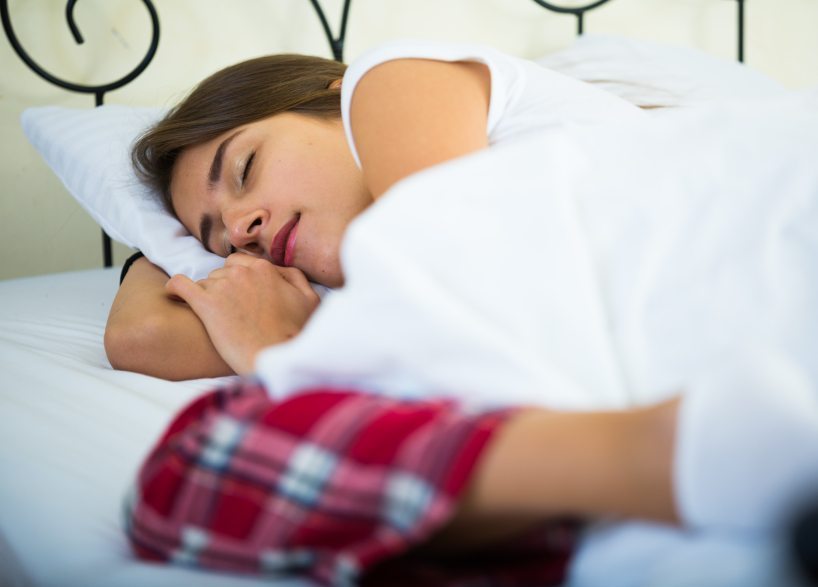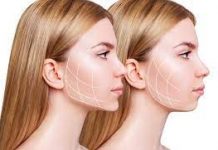
It’s likely we could all use some extra sleep. Between busy schedules and trouble falling asleep, sleep seems impossible on some nights. My friend recommended taking a melatonin supplement when I told him I have trouble sleeping through the night. I’ve heard of people taking the supplement to help them sleep better, but I’m still skeptical. Does it really work? Let’s see what researchers believe.
SEE ALSO Is Exercise The Key To A Sounder Sleep?
Sleeping when it’s dark is a natural impulse that is a result of chemical and hormonal patterns in our bodies. According to a sleep informational website, Sleep Foundation, “sleep is regulated [by] exposure to light or darkness. Exposure to light stimulates a nerve pathway from the retina in the eye to an area in the brain called the hypothalamus.” For those of us who are on our phones before going to sleep, this is the reason why we might have trouble falling asleep easily. The light from our phone—or laptop—triggers a response in our brain that insinuates it’s time to be awake.
Sleep Foundation explains that in the hypothalamus, “a special center called the suprachiasmatic nucleus (SCN) initiates signals to other parts of the brain” – one of which that controls the body’s feelings of sleepiness. Since our ability to fall asleep is influenced by our environment, it may be difficult for us to sleep in a brightly lit or noisy room. Additionally, stress and thoughts running through our heads while we lay in bed may also make it difficult to sleep, which is a major reason why people may be interested in trying melatonin supplements to give the body an extra, hormonal boost in relaxation.
SEE ALSO Will Eating Pumpkin Seeds Help Us Sleep Better?
Sleep Foundation explains that “melatonin is a natural hormone made by your body’s pineal gland […and…] When the sun goes down and darkness occurs, the pineal is ‘turned on’ by the SCN and begins to actively produce melatonin, which is released into the blood.” While this happens naturally, people may still have trouble falling asleep. Even though various factors can effect a person’s sleeping schedule, a lack of melatonin is thought to be a main reason behind difficulty sleeping.
Sleep Foundation, however, states that “when scientists conduct tests to compare melatonin as a ‘sleeping pill’ to a placebo (sugar pill) most studies show no benefit of melatonin.” It seems that just the thought of having some aid in falling asleep may play a role in the person’s ability to sleep better. Unfortunately, increasing the body’s production of melatonin won’t make the thoughts that are running through our minds before we fall asleep totally disappear.
Verdict: Fiction. When it comes to working as a sleeping aid, melatonin’s abilities are still under research. It has been proven, however, to “improve sleep when […] taken at the appropriate time for jet lag and shift work.” Speak with your doctor to see if melatonin is right for you to take. If you have trouble sleeping at night, instead consider setting a relaxing routine before you try to catch some Z’s. Be sure to turn off electronics and take a bubble bath with lavender oils or read a book before bed to help the body wind down naturally.
For more Head & Heart features, check out our articles here.
What are your thoughts on the melatonin benefits? True or false?









![Daily Bite [Make]: Philly Cheesesteak Stuffed Bell Peppers](https://dashofwellness.com/wp-content/uploads/2013/01/Philly-Cheesesteak-Stuffed-Pepper-Daily-Bite-1-100x70.png)
